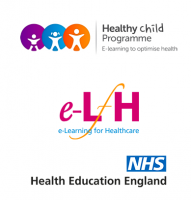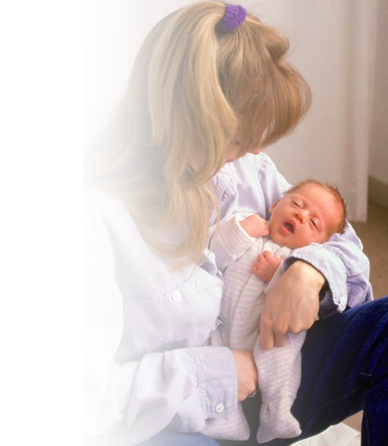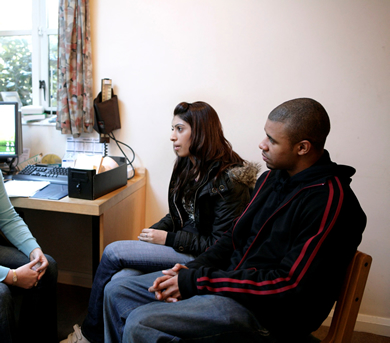Contraception Course



This session describes an evidence based approach to prescribing contraception for adolescents.
Learning Objectives
By the end of this session you will be able to:
- Describe the factors that need to be considered before prescribing contraception for a young person
- List the advantages and disadvantages of long acting, reversible contraceptives
- Recognise the various issues that may prevent a young person from using contraception effectively and identify some practical measures to improve concordance
- Explain what advice you would give to a young woman who had missed one or more of her oral contraceptive pills
- Recognise the legal framework in which health care professionals (HCPs) work when providing contraceptive services
There has been a significant reduction in teenage pregnancy rates in the UK. Nevertheless rates remain high compared with comparable western European countries, and further progress needs to be made.
Adolescents attain physical and sexual maturity at a time when they are taking exams, entering employment and making life-determining decisions. Around a third of young people have sex before the age of 16 but many more start sexual relationships between the ages of 16-19. For most this is not the time when they would choose to have a baby (though, of course, for some young people it is a positive choice to start a family). Effective contraception is therefore a priority in this age group.

Before commencing this session you should complete the following AH sessions/modules:
- 01_003 Investing in Young People’s Health (401-0003)
- 09_001 Sexual Behaviour in Adolescence (401-0038)
- 09_006 Teenage Parents (401-0043)
- 03 Legal Framework
- 08 Young People Friendly Services
Marian has worked as a General Practitioner (GP) in rural Herefordshire for over 30 years and has had a longstanding interest in adolescent health- particularly the areas of access, hard to reach groups and transition. She ran a dedicated clinic in the practice for over 20 years which was well supported by young people and their parents. Between 1999 and 2013, she set up a series of clinics in secondary schools providing comprehensive primary care. She has been a member of the Adolescent Health Group at RCGP since 1995 and its chair for over 5 years. She currently works in the UK as a non-principal GP and as a volunteer in a number of settings overseas, including developing youth friendly services in rural Uganda.

- Pacific Islands Immunisation Course
- Posted By Australian College of Nursing (ACN)
- Posted Date: 2025-03-12
- Location:Online
- The Australian College of Nursing’s (ACN) Pacific Islands Immunisation Course is designed for nurses...
- Graduate Certificate in Nursing (Re-entry)
- Posted By Australian College of Nursing (ACN)
- Posted Date: 2025-03-12
- Location:Paramatta SA 5558
- Career break? Re-enter nursing with confidence The Graduate Certificate in Re-entry is designed...
- Clinical Issues in the Care of the Older Person
- Posted By Australian College of Nursing (ACN)
- Posted Date: 2025-03-12
- Location:Online
- This unit of study is designed to explore, consolidate and apply clinical knowledge of acute and chr...
- Principles of Palliative Care Nursing
- Posted By Australian College of Nursing (ACN)
- Posted Date: 2025-03-12
- Location:Online
- This unit of study is designed for nurses working in a variety of settings such as general wards, sp...
- Healthy Ageing
- Posted By Australian College of Nursing (ACN)
- Posted Date: 2025-03-12
- Location:Online
- This unit of study is designed to optimise the student’s understanding of what it is like to age in ...







